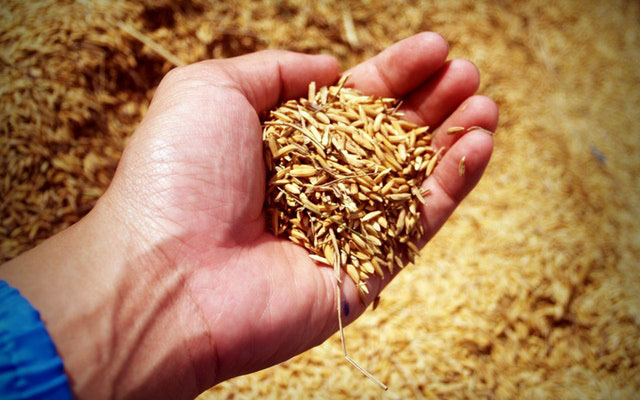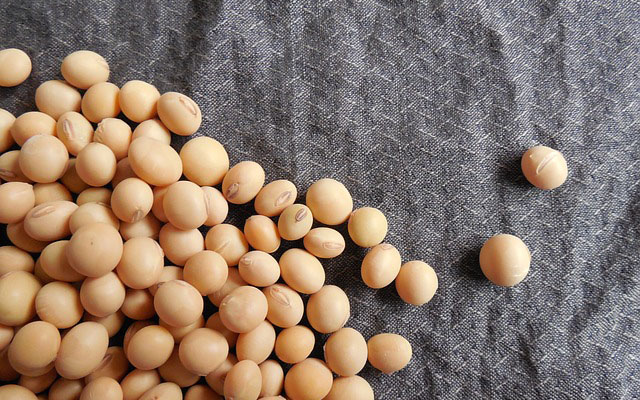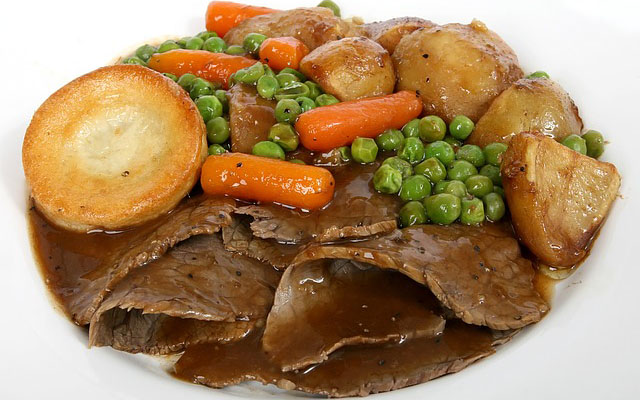|
|||||||
Thyroid Disease TOP 10 Foods DO NOT TAKE |
 |
|
Views: 4251
|
Thread Tools | Rate Thread |
|
|||||||
Thyroid Disease TOP 10 Foods DO NOT TAKE |
 |
|
Views: 4251
|
Thread Tools | Rate Thread |
|
#1
|
|||
|
|||
|
The thyroid is a ****erfly-shaped gland that sits at the base of your neck and releases the hormones that have a hand in regulating metabolism, heartbeat, growth, internal temperature, and much more. So as you can imagine, when your thyroid is out of whack, a lot of problems can occur in your body.
There are two main types of thyroid disease, hypothyroidism and hyperthyroidism. The first, hypothyroidism, occurs when the thyroid does not make enough hormone. This can be happen when the thyroid itself malfunctions, which is called primary hypothyroidism. The disorder can also occur when the pituitary gland in your brain fails to send important messages to the thyroid that are necessary to trigger the release of thyroid hormone. Thatís called secondary hypothyroidism. In both cases, the symptoms include weight gain, fatigue, depression, and sensitivity to cold. On the other hand, when the thyroid releases too much hormone, itís called hyperthyroidism. The symptoms are largely opposite from what happens when you donít have enough thyroid hormone. You may experience weight loss, nervousness, irritability, sensitivity to heat, and irregular heartbeat. Thyroid disease is largely controlled by genetics, but stress, environmental toxins, and diet play a part. We are going to let you know what foods are known to exacerbate thyroid disease because thatís one element that is within your control. You may be surprised by some of these, especially #4 because we tend to think of it as the ultimate health food. 1. Fast Food  The thyroid gland uses iodine from our diets to create the hormones T3 and T4. In fact, the thyroid is the only organ that uses iodine. There are lots of reasons to avoid fast food, but when it comes to thyroid disease, the fact is that this food contains a ton of salt but very little iodine. At home, we get a lot of our daily iodine from iodized table salt, but there is no requirement for fast food restaurants to use iodized salt in their food. Studies confirm that fast food meals net you very little helpful iodine for all the sodium youíll consume. |
|
#2
|
|||
|
|||
|
2. Processed Food
 Just like fast food, processed and packaged foods also contain a ton of sodium but rarely use iodized salt. If you donít believe us, start checking labels at the store. Many of these products, even sweet ones, contain more than 20% of your daily sodium allowance in one ďservingĒ (which is likely to be less than you would normally eat). A diet containing too much sodium puts you at risk for heart disease and high blood pressure, and getting your sodium from processed foods adds little to no critical iodine. Thatís why itís always best to prepare meals fresh at home and salt them using iodized table salt. |
|
#3
|
|||
|
|||
|
3. Wheat
 Celiac disease is a disorder in which the body cannot handle the gluten in grains like wheat, barley, and rye. For a reason that isnít totally clear, people with celiac disease also have a higher risk for thyroid disorder. So if you have been diagnosed with celiac, avoiding gluten will be important for lots of reasons. Not only will it support healthy digestion, it will reduce your risk of developing a thyroid disorder as well. On the other hand, if you do not have celiac or any of the risk factors for it (family history or certain autoimmune disorders), you might not be best served by avoiding bread. Most varieties are now required to be made with iodized salt. Just make sure you stick to whole wheat versions. |
|
#4
|
|||
|
|||
|
4. Soy
 There is a fair bit of controversy over soy. Once considered a healthful substitute to meat products, in recent years evidence has surfaced that suggests soy can have a negative effect on thyroid function. Soy can impact the ability of your thyroid to absorb iodine, so if you are already deficient, this can significantly up your risk of developing hypothyroidism. However, many researchers say that as long as you arenít eating a ton of soy nor have a pre-existing iodine deficiency, you arenít at an increased risk of developing an underactive thyroid. Moderation is important when it comes to soy, especially if you are a man, as soy can also mimic estrogen in the body. |
|
#5
|
|||
|
|||
|
5. Organ Meats
 Organ meat like liver, kidney, and heart has fallen out of fashion in recent years, but it can be quite good for you. These less popular cuts of meat offer a ton of lipoic acid, which is known to reduce inflammation and support cognitive function. Unfortunately, lipoic acid may also affect your thyroid function if you get too much of it. Lipoic acid is also not recommended for people who already take thyroid medication, as it can alter the function of the medicine. |